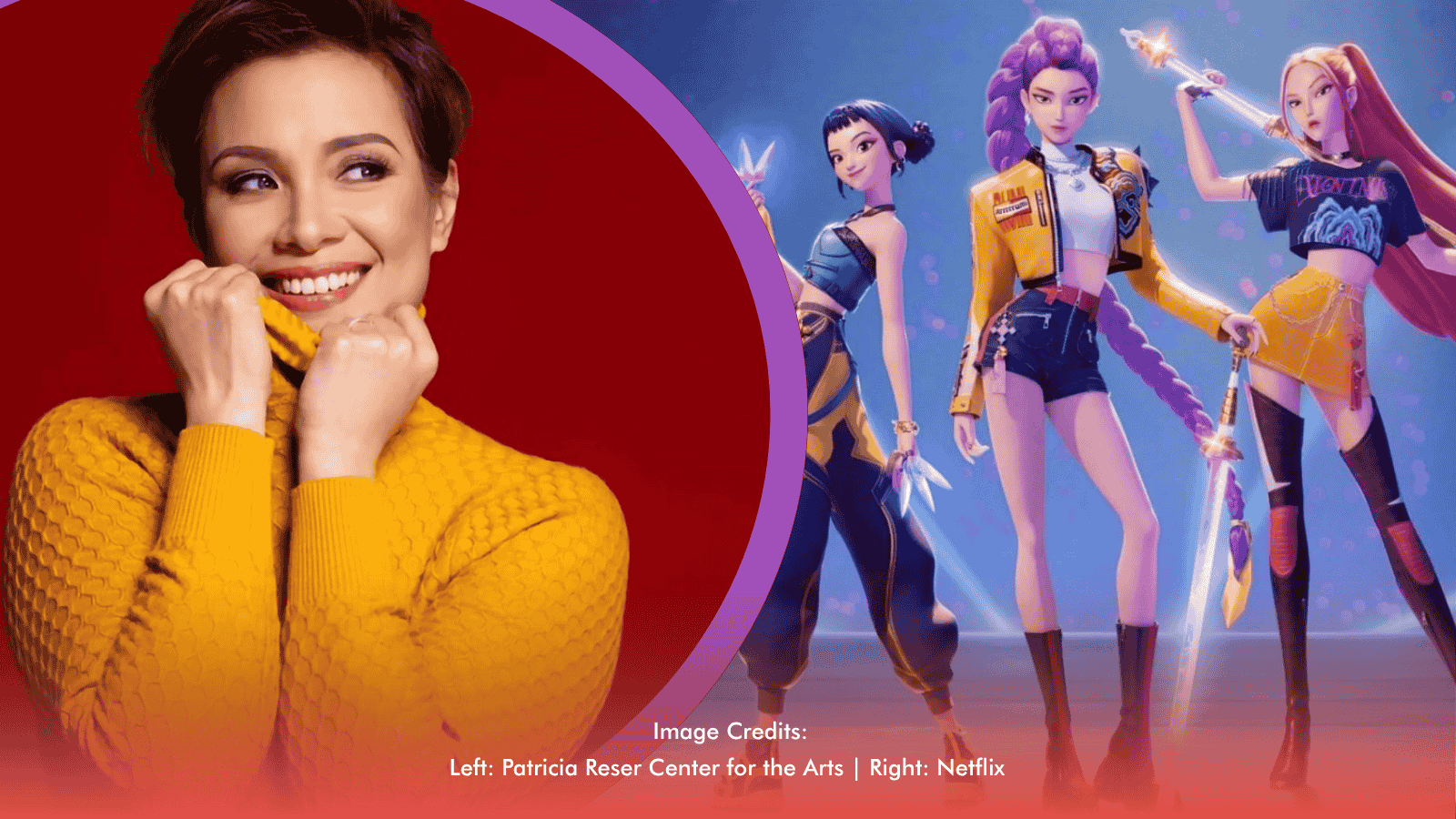When world-renowned Filipino singer and Broadway legend Lea Salonga lends her singing to a project, it’s bound to strike a chord across generations. Her latest feature? Contributing her iconic vocals to the upcoming animated film K-Pop: Demon Hunters, an energetic Netflix adventure that fuses flashy K-pop spectacle with supernatural action.
But beyond its thrilling premise, the film becomes yet another moment of pride for Filipinos in global animation, amplified by Salonga’s unmistakable voice and legacy.
RELATED: [Breaking Barriers: 10 Pinays Who Redefined Their Fields]
K-Pop Goes 3D
Set in a world where glittering stages hide shadowy secrets, K-Pop: Demon Hunters follows the double lives of K-pop idols who moonlight as fierce demon slayers. It’s like Blackpink meets Buffy the Vampire Slayer—with a punch of Korean mythology and futuristic flair. Produced by Sony Pictures Animation (Spider-Man: Across The Spider-Verse producers) and helmed by Jennifer Rogien and Maggie Kang, this film aims to celebrate Asian culture, girl power, and music-driven storytelling.
In K-Pop: Demon Hunters, Salonga voices the girls' beloved yet mysterious former manager—Celine. A legendary idol of the past who now guides the young heroines in their mission to save the world from evil spirits. Her character is part mentor and part warrior.
What makes her involvement even more special is the unforgettable moment when Lea Salonga sings in a moving flashback sequence. As the young version of Rumi—one of the film’s lead idols—appears on screen, Salonga’s voice soars with the lines: “Fix the world and make it right, when darkness finally meets the light.”
A Moment of Pride
While K-Pop: Demon Hunters is a bona fide hit for K-Pop and animated movie fans, Filipinos have one more reason to tune in. Lea Salonga and K-Pop: Demon Hunters together offer more than entertainment—they offer representation, excellence, and the kind of cultural pride that sparks joy in every Filipino heart.
Once again, Lea Salonga shows us that we don’t just deserve a seat at the table—we can own the stage, too.
RELATED: [How Netflix Series “I Love Filipino” Invigorates The Filipino Identity]








